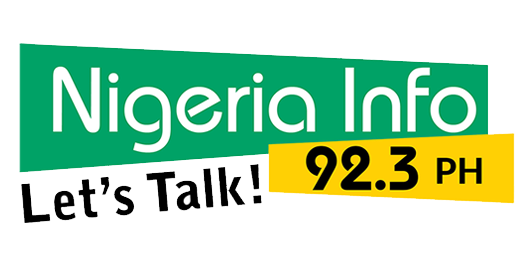
Nigerian telecommunications companies have proposed a 100 percent tariff increase to the Nigerian Communications Commission (NCC) to address rising operational costs.
The proposal, which has been submitted to the government, is currently pending approval.
The request is driven by significant financial pressures resulting from inflation, fluctuating exchange rates, and increased service delivery costs.
CEO of MTN Nigeria, Karl Toriola, emphasized the challenges the telecom industry is facing due to escalating operational expenses.
During a television interview on Arise News, he noted that key costs, such as diesel, power generation, and raw materials, have soared, with diesel prices rising from N230 per liter before the COVID-19 pandemic to over N1,000 per liter.
“These cost increases are outpacing revenue growth. If large operators like MTN and Airtel are struggling, the impact on smaller players and the ecosystem is even more severe,” Toriola stated.
He also pointed out that the exchange rate devaluation has pushed up the cost of importing critical infrastructure like base stations, which now cost nearly four times more than they did two years ago.
Toriola said these challenges have forced telecom companies to request a tariff hike to ensure the long-term sustainability of the sector.
Losses in Telecom Sector
The financial strain has been further compounded by significant losses in recent months.
MTN declared a loss of N514.93 billion for the nine months ending September 2024 despite a 33.7 percent growth in service revenue.
Airtel also reported a 46.9 percent drop in its revenue during the same period. These losses have made the need for a tariff review even more urgent, with operators warning that without the necessary adjustments, service quality and availability could deteriorate.
The chairman of the Association of Licensed Telecommunications Operators of Nigeria (ALTON), Gbenga Adebayo, echoed these concerns, describing the telecom sector as “under siege.” He pointed out that rising energy costs, inflation, and exchange rate volatility have made it increasingly difficult for operators to expand their networks and maintain service quality.


